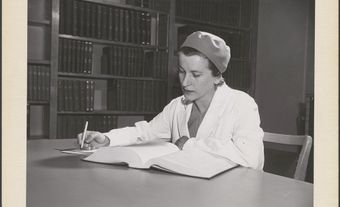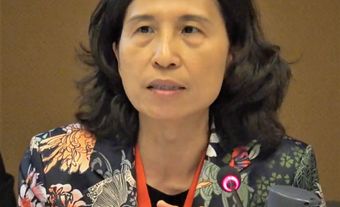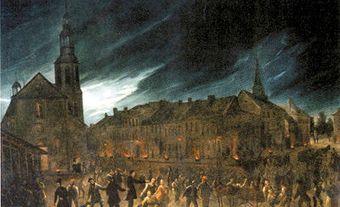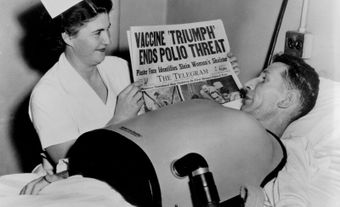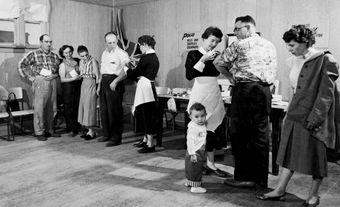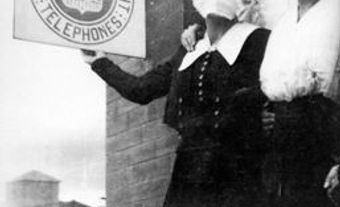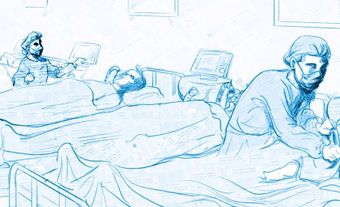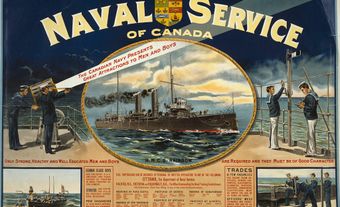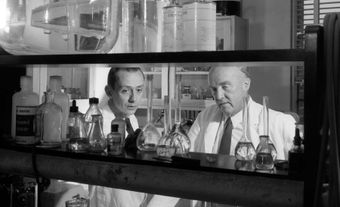Bonnie Henry, provincial health officer of British Columbia (2018 to present), epidemiologist, physician (born 1965 in Charlottetown, Prince Edward Island). Dr. Bonnie Henry is best known for leading British Columbia’s response to the COVID-19 pandemic. She has also worked to eradicate polio and to contain Ebola and SARS. Henry is a family care physician and a specialist in preventative medicine. She is the first woman to serve as BC’s provincial health officer.
Click here for definitions of key terms used in this article.
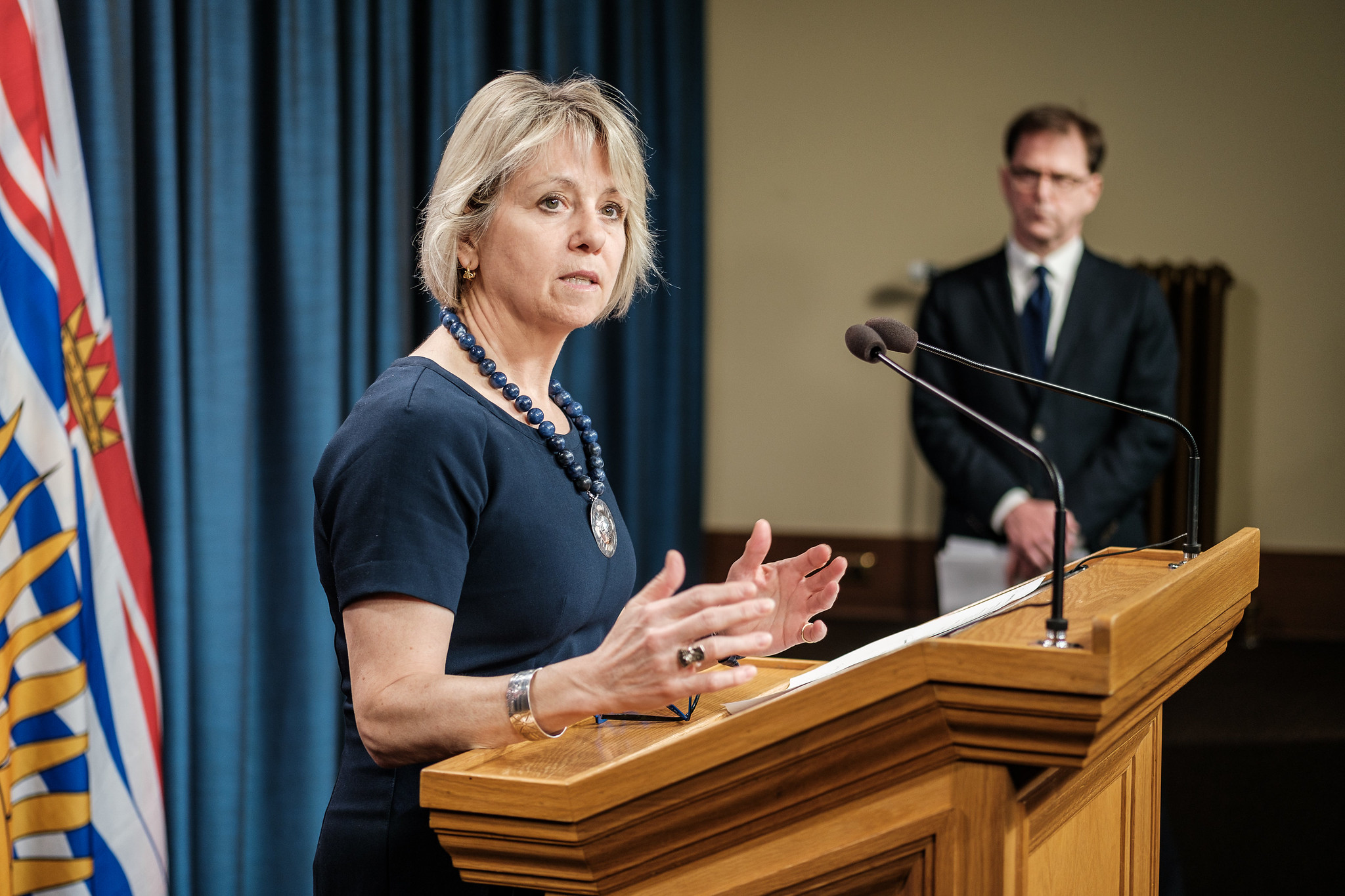
Early Life and Education
Bonnie Henry grew up in a military family, the second of four sisters. Her father was a major with the Lord Strathcona’s Horse, one of three regular armoured regiments in the Canadian Army. Because of her father’s army career, she lived in several parts of Canada and in Europe during her youth. As a child, Henry realized she wanted to be a doctor when she visited her sister in the hospital. Her sister was recovering from the removal of her appendix.
Henry earned a BSc in biochemistry at Mount Allison University in Sackville, New Brunswick, in 1986. She attended medical school at Dalhousie University in Halifax, Nova Scotia, from 1986 to 1990. Henry later earned a Master of Public Health in epidemiology at San Diego State University. She also completed residencies in preventative health at the University of California – San Diego, and in community medicine at the University of Toronto.
Career
As a third-year medical student, Bonnie Henry enlisted in the Canadian Navy. When she graduated, she was posted to CFB Esquimalt (near Victoria, British Columbia) as a medical officer. She remained with the navy for nearly a decade, retiring with the rank of lieutenant. During her service, Henry sailed with HMCS Annapolis, HMCS Provider and HMCS Regina as medical officer; she also completed specialist training as a medical diver, ship’s diver and flight surgeon.
In 2001, Henry became an associate medical officer of health for Toronto Public Health. During the 2003 SARS outbreak, she led the city’s operational response to the illness. She has also worked abroad to fight the spread of diseases. She took part in the WHO/UNICEF’s campaign to eradicate polio in Pakistan, and in the WHO’s efforts to control Ebola in Uganda.
Henry moved back to BC in 2005 to begin a role as physician epidemiologist for the BC Centre for Disease Control. From 2007 to 2014, she held several medical leadership roles within this organization. During the 2009 H1N1 influenza pandemic, Henry was a member of the Canadian Pandemic Coordinating Committee. She also led emergency preparedness for the 2010 Olympic and Paralympic Winter Games in Vancouver. From 2014 to 2017 she was BC’s deputy provincial health officer. Henry has been the provincial health officer for BC since 2018. She is also an associate professor at the University of British Columbia.
Henry is the author of Soap and Water and Common Sense: The Definitive Guide to Viruses, Bacteria, Parasites and Disease(2009). The book’s title borrows from a quote by Sir William Osler.
Leadership during the COVID-19 Pandemic
Bonnie Henry became a household name in British Columbia for leading the province’s response to the COVID-19 pandemic in 2020. She developed a reputation as a level-headed, compassionate guide through the crisis. Her measures were praised as some of the most effective in the country, all while being among the least restrictive. Under Henry’s leadership, BC was an early adopter of testing and social distancing. It also invested heavily in contact tracing and limited the movement of health care workers between long-term care homes.
Did you know?
Shoe designer John Fluevog created a pair of pink heels inscribed with Bonnie Henry’s trademark slogan: “Be kind. Be calm. Be safe.” His company donated the proceeds from the sale of these shoes to charity. T-shirts, mugs, tea towels and tote bags have also been branded with the slogan.
Observers say that in addition to her actions, Henry’s demeanour has helped keep BC’s number of COVID-19 cases relatively low. Her relatable attitude, consistent messaging and calm tones in her frequent press conferences have instilled trust in the public. The New York Times has called her “one of the most effective public health officials in the world. Global News has called her “a beacon of hope.”

 Share on Facebook
Share on Facebook Share on X
Share on X Share by Email
Share by Email Share on Google Classroom
Share on Google Classroom
